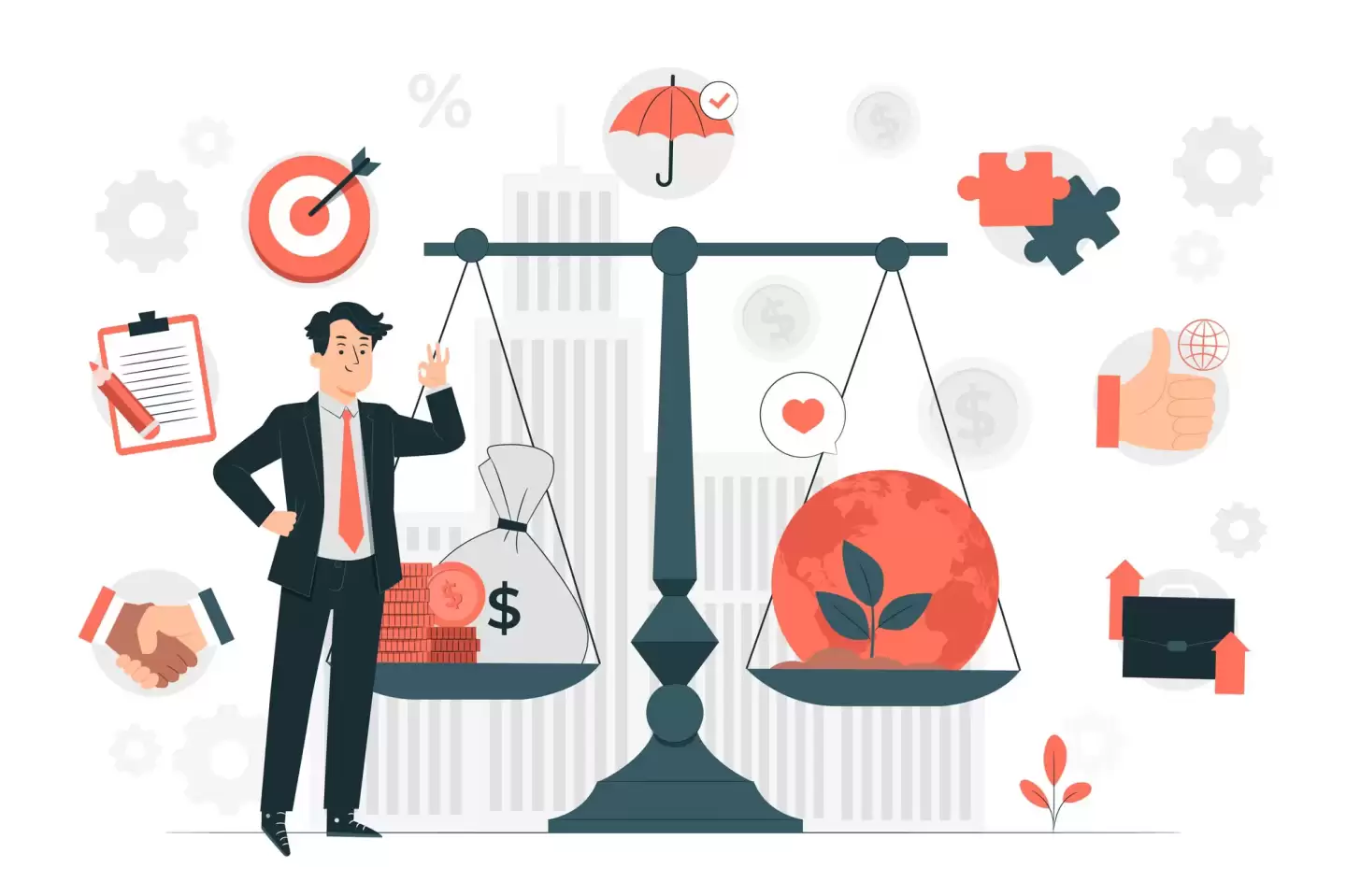
Navigating Business Decisions with Ethics
In the fast-paced world of business, where decisions often carry significant consequences, the role of ethics cannot be overstated. Ethics serve as the moral compass guiding entrepreneurs, executives, and organizations through the complex landscape of commerce. In this blog post, we delve into the vital importance of ethics in making business decisions and how they contribute not only to success but also to the greater good.
Defining Business Ethics
First, let's clarify what we mean by "business ethics." Business ethics is a set of principles, values, and standards that guide behavior in the business world. It encompasses issues such as honesty, integrity, fairness, transparency, and social responsibility. These ethical principles are essential when making decisions that affect stakeholders, including customers, employees, investors, and the broader community.
The Ethical Dilemma: Profit vs. Principles
One of the most common ethical dilemmas in business revolves around the tension between profit and principles. The pursuit of profit is a fundamental goal for any business, but it should not come at the expense of ethical standards. Here's why ethics matter:
Reputation and Trust: Ethical behavior builds trust and a positive reputation. A company known for ethical practices is more likely to attract loyal customers and retain employees.
Legal Compliance: Ethical business practices typically align with legal requirements. Compliance with laws and regulations reduces the risk of legal troubles that can damage a company's bottom line.
Employee Morale: Ethical treatment of employees fosters a positive work environment and higher morale. Happy employees are more productive and engaged.
Customer Loyalty: Ethical businesses tend to have loyal customers who appreciate transparency, fairness, and quality. Customer loyalty contributes to long-term profitability.
Applying Ethics in Decision-Making
So, how can ethics be applied effectively in the decision-making process? Here are some key steps:
Identify Ethical Dilemmas: Recognize situations where ethical considerations are in play. This can include issues related to pricing, product quality, marketing practices, and more.
Gather Information: Collect all relevant information about the issue, including potential consequences for stakeholders.
Evaluate Options: Consider alternative courses of action and assess them from an ethical standpoint. What aligns best with your values and principles?
Seek Advice: Consult with colleagues, mentors, or ethics experts for input and different perspectives.
Make an Ethical Decision: Choose the course of action that best aligns with ethical principles, even if it may involve short-term sacrifices.
The Long-Term Impact
Embracing ethics in decision-making is not just a matter of conscience; it's a strategic advantage. Ethical businesses tend to thrive over the long term, building strong relationships with customers, employees, and partners. They weather storms of controversy and emerge with their reputations intact.
In conclusion, ethics is not an abstract concept but a practical and indispensable guide for business decisions. It's the compass that steers companies toward responsible and sustainable success. When profit and principles walk hand in hand, businesses can achieve not only financial prosperity but also contribute positively to the greater good of society.
Join My Weekly Web Design Training Community
Learn how to create sales funnels, landing page, ecommerce website, and any type of website with Joomla. Join our website design training community.
Popular Tags
More Tutorials





